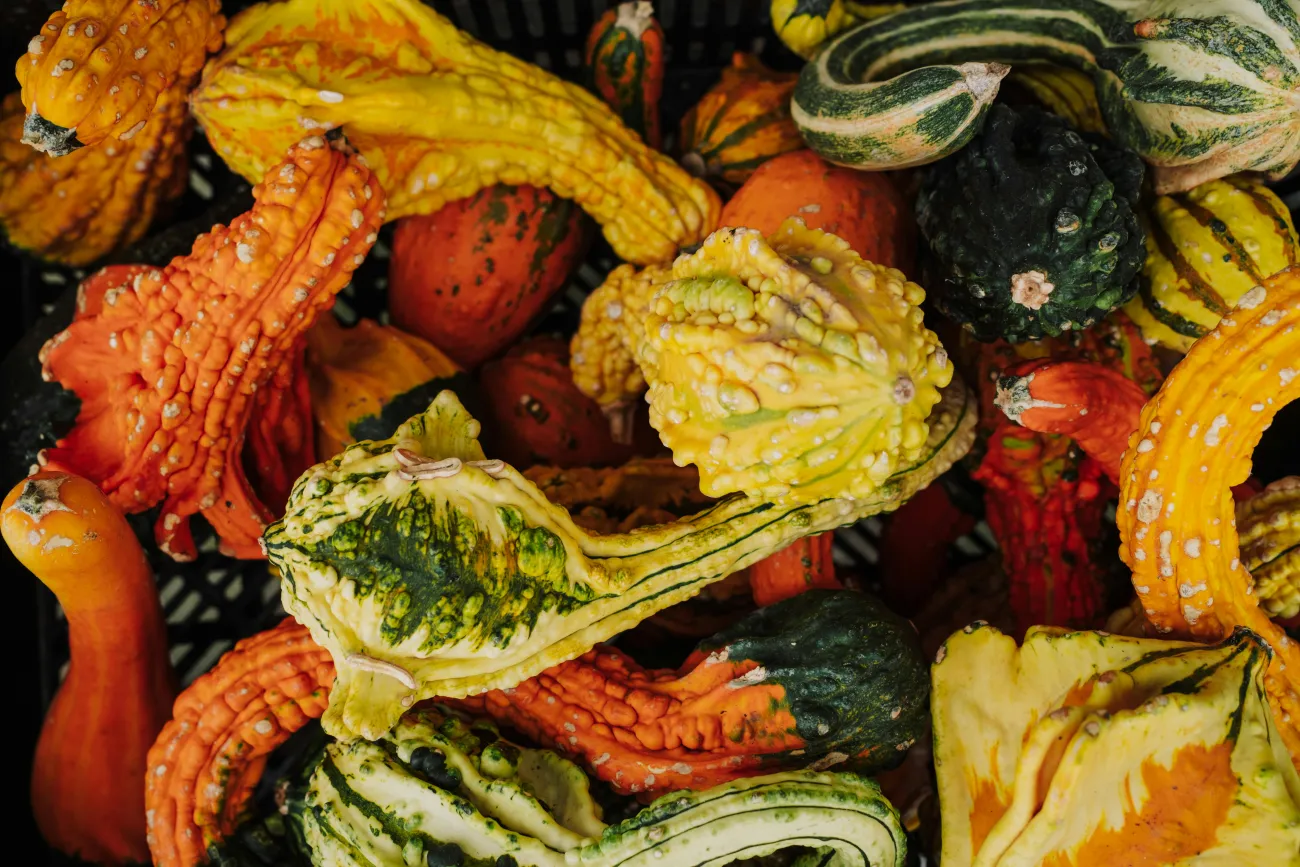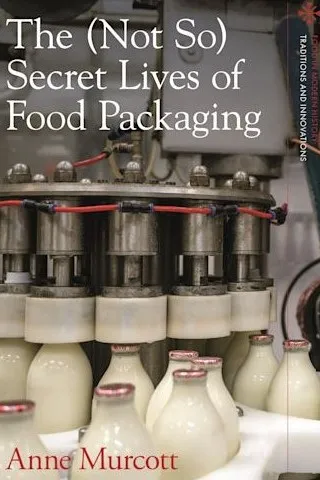This report by the NGO Feedback finds that food businesses in the UK often use redistribution of surplus food to community groups as a dump, delivering them food that is inedible, damaged and unsuitable for consumption, avoiding costs for disposal.

Publisher’s Summary
On the surface, the redistribution of surplus food to community groups seems like an obvious good – a solution that both reduces food waste and feeds those in need. Supermarkets, manufacturers, and other food businesses highlight their food donations as evidence of their commitment to social responsibility. But as this report shows, the reality is more complicated. Too often, food aid organisations find themselves not just distributing food but managing waste - waste that food businesses should have taken responsibility for in the first place. Damaged, expired, or nutritionally inadequate food is passed onto food banks and community groups, leaving volunteers to bear the burden of sorting, repackaging, and disposing of what cannot be used. The costs, both financial and emotional, fall not on those creating the waste but on those already struggling to support people in food poverty. Redistributing food is not a solution to food insecurity – it is a symptom of a broken food system. This report sheds light on the lived experiences of food aid workers, revealing the frustration, anger, and exhaustion of those working at the sharp end of our food system. Their voices make one thing clear: we need systemic change. Businesses must be held accountable for their waste, policymakers must ensure fair wages and social protections, and we must move beyond the short-term fix of redistribution to build a food system that works for everyone
This report finds that – while redistribution of businesses’ surplus food does provide those using food aid organisations with vital access to food – there is evidence that businesses often use redistribution to ‘dump’ food that is inedible, damaged or unsuitable for consumption. By ‘passing the buck’ of unsuitable food surplus onto food aid organisations, food businesses avoid taking responsibility for their waste, and the costs of disposing of it.
Reference
Read more here. See also the TABLE explainer, Nature Knows Best? Naturalness in the Ultra-Processed Foods Debate




Comments (0)